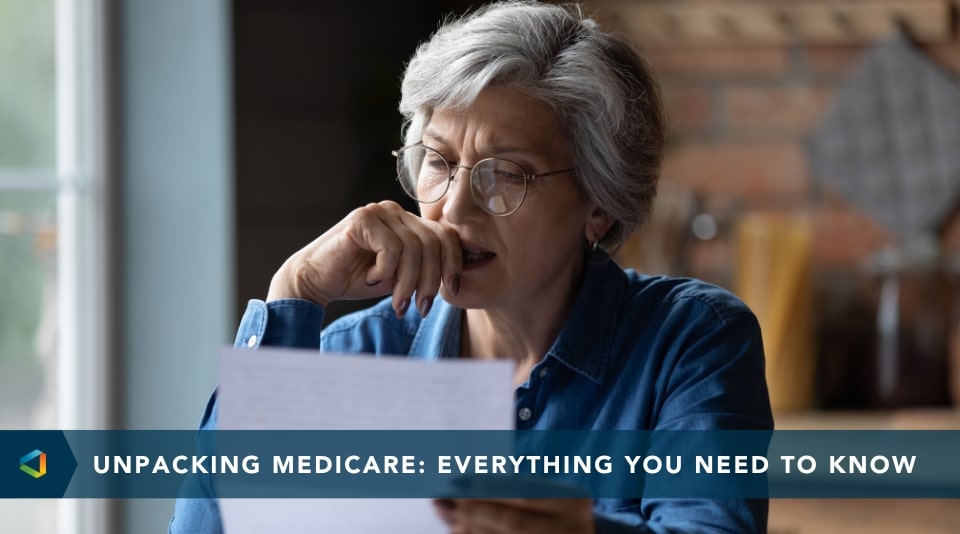Compliance Confidence
CMS Expands COVID-19 Treatment Access for Medicare Participants
CMS Expands COVID-19 Treatment Access for Medicare Participants
On November 10, 2020, the Center for Medicare and Medicaid Services (CMS) announced that effective November 10, 2020, Medicare beneficiaries are entitled to receive no cost-sharing coverage for monoclonal antibodies treatments for the coronavirus.
This new coverage extends to infusions of bamlanivimab, which received an emergency use authorization (EUA) from the U.S. Food and Drug Administration on November 9, 2020. CMS will provide reimbursements to providers that purchase the treatments but not those that receive it at no charge, which many providers expect to receive in its early distribution. Further, CMS anticipates that it will issue billing and coding instructions soon.
On March 17, 2020, the Trump Administration announced that it is expanding telehealth coverage for Medicare participants to enable greater access to healthcare without having to visit a facility.
Beginning March 6, 2020, through the end of the Public Health Emergency (PHE), the Center for Medicare and Medicaid Services (CMS) will provide a short-term waiver to telehealth payment requirements.
Prior to this waiver, Medicare could only pay healthcare providers for telehealth services in certain circumstances, such as when the patient is in a rural area and in a medical facility. Under this waiver, those limitations are lifted during the PHE to allow payment for patients outside of rural areas, and patients in their homes, even without a prior established relationship with the provider. For a list of services Medicare participants can receive via telehealth, please visit the Centers for Medicare & Medicaid Services (CMS) website.
Examples of healthcare providers who are permitted to provide Medicare telehealth services include:
- Physicians and certain non-physician practitioners such as nurse practitioners, physician assistants and certified nurse-midwives.
- Other practitioners, such as certified nurse anesthetists, licensed clinical social workers, clinical psychologists, and registered dietitians or nutrition professionals
Importantly, this short-term waiver is not limited to telehealth services tied to COVID-19. A participant can use telehealth under this waiver for any reasonable and necessary services. However, the use of telehealth will not change the out of pocket costs for participants, such as liability for a deductible and coinsurance. However, the Department of Health and Human Services (HHS) is permitting healthcare providers to reduce or waive the cost-sharing requirements for telehealth during this time.
Type of Service |
What is the Service? |
HCPCS CPT Code |
Patient Relationship with Provider |
| Medicare Telehealth Visits | A visit with a provider that uses telecommunication systems between a provider and a patient. | Common telehealth services include:
|
For new* or established patients. (*To the extent the 1135 waiver requires an established relationship, HHS will not conduct audits to ensure that such a prior relationsip existed for claims submitted during this public health emergency.) |
| Virtual Check-In | A brief (5-10 minutes) check in with your practitioner via telephone or other telecommunications device to decide whether an office visit or other service is needed. A remote evalutation of recorded video and/or images submitted by an established patient. |
|
For established patients. |
| E-Visits | A communication between a patient and their provider through an online patient portal. |
|
For established patients. |
Healthcare providers who service patients in good faith during the PHE with non-HIPAA compliant telecommunications technologies such as Skype or FaceTime can expect leniency from HHS’s Office of Civil Rights (OCR) who has granted the discretion to waive penalties for HIPAA violations.




